UP SMEs seek redressal of import laws to save traditional manufacturers
Updated: Jun 02, 2014 01:39:08pm
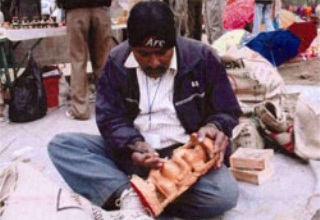
Further, the industry is also under stress due to power crisis in the state, which is adversely affecting their production and revenue.
KNN spoke to President of Indian Industries Association, Pramod Miglani, about the measures that can be taken to address the issues.
Q1. You association has sought the redressal of import laws, particularly for the benefit of MSMEs. Please Elaborate.
Ans: Yes, Indian industries Association (IIA) has been representing to the Government to protect the interests of MSME Manufacturers who have to compete with cheap imports from outside the country. Last year we took the issue of cheap import of garments from Bangladesh under free trade agreement. As a result, the Government of India reduced the excise duty on garments being manufactured in India. Generally, IIA is advocating for developing and promoting the manufacturing base in India which at present is going through very rough times. Unless it is done, most of the manufacturer MSMEs will switch over to trading from China or other such countries. We have also been asking the government to allow the import of scarce raw materials rather than the finished products. But this may not be completely possible due to international treaties under WTO etc. Hence the only way out is to make the Indian manufacturing sector viable and competitive.
Q2. At present, what is the scenario, how badly are the small traders hit due to cheap imports from China.
Ans: As a result of cheap imports from China, it is the MSME manufacturers who are affected and not the traders. Where ever Indian manufacturers are not able to compete with Chinese imports, they are switching over to import of the same product from China before selling it in India. That way, they are converting themselves from being manufacturers to traders. This has increased the rate of unemployment and made manufacturing growth stagnant.
Q3. Have you approached the policymakers to address the issue? If yes, what was their response?
Ans: Yes, we have approached the policy makers through the PM Task Force being the member of it, Planning Commission working groups as well as, as a member of the National MSME Board. During the recent Lok Sabha Elections, we submitted our suggestions related to promotion and development of MSMEs to all the major political parties for inclusion in their manifesto. We are happy to note that few political parties including ruling BJP at the Center took note of it and have included several of our suggestions in their manifesto. The Government has now expressed its commitment to make India a Manufacturing Hub. If it happens, good days are on the anvil for MSMEs in India. We have already met the Cabinet Minister MSME Government of India on 29th may 2014 and expressed our views to him on promotion and development of MSMEs. He has assured us that Indian MSMEs will get a boost during the present government at the Centre. On 31st May 2014, we met the Minister of State (I/C) for Textiles to appraise him about the possibilities of development of Textile MSME Sector and its contribution to Indian economy, employment as well as exports. Shortly, we will be presenting details to both the Ministers on our proposals for implementation.
Q4. What is the power situation in UP, especially the industrial areas post-election?
Ans: The situation is worse. Unfortunately, a blame game is going on between the State and the Central Government without looking into the real and long term solutions to the problem. At IIA, we have been witnessing successive governments in Uttar Pradesh. As soon as they assume power they say that the power situation is bad either due to the previous government or the Central Government and claim that the situation will be under control during their regime. Unfortunately the demand and supply gap is ever increasing and the situation is going from bad to worst. Line losses are un-controllable, industries are subjected to cross subsidies and burdened with the regulatory surcharges for the inefficiencies of the DISCOMs; still the power is not available. Partial solution could have been found with promotion of solar energy / other alternative sources of power, but the progress is at a snail’s pace.
Q5. How much production loss is the industry facing due to this?
Ans: I may not be able to give you the estimate because it will be a wild guess. However, I can say that it is huge not in terms of immediate loss only but the loss of business in the future as our buyers will switch over to other sources.
Q6. Which are the worst hit areas?
Ans: Majority of MSMEs are located in rural areas. All of them are badly affected. Even urban areas where industries are getting power from other than industrial feeders are in deep trouble. (KNN/SD)

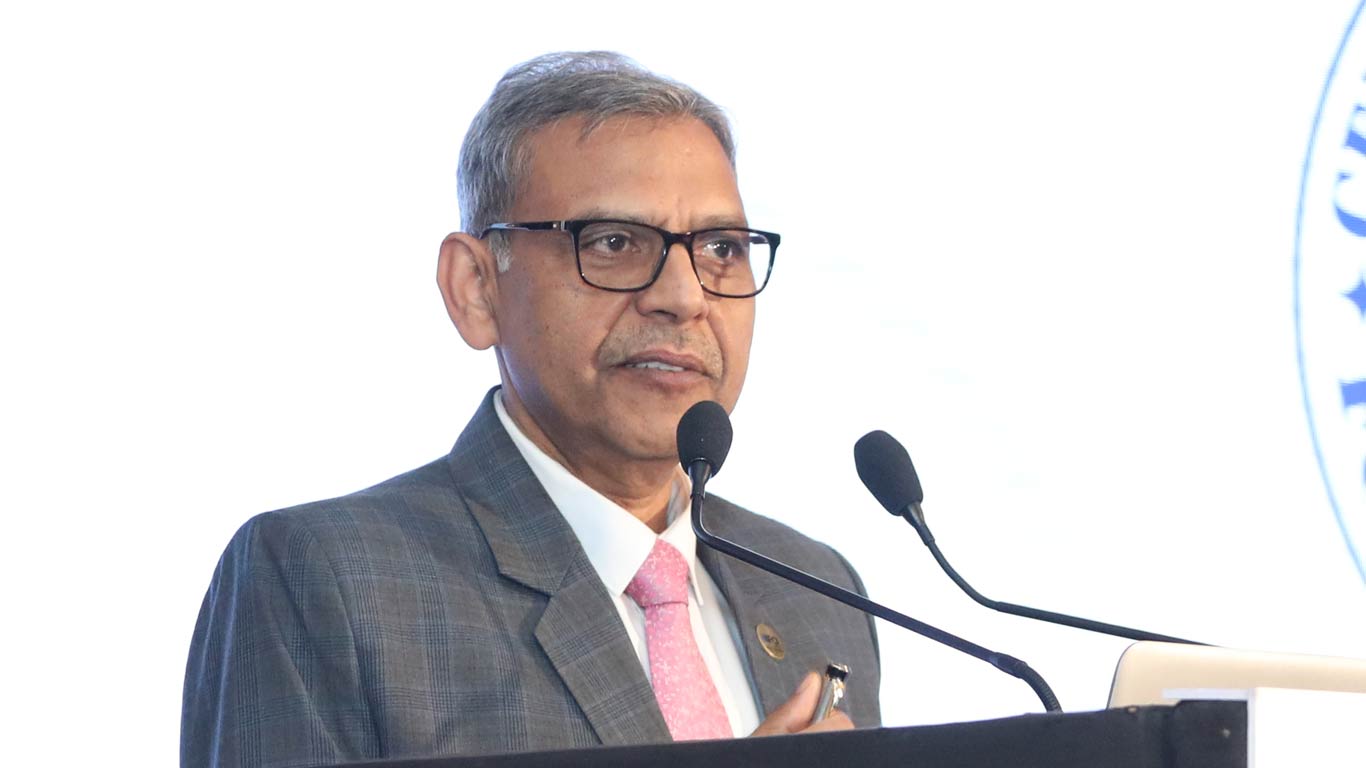

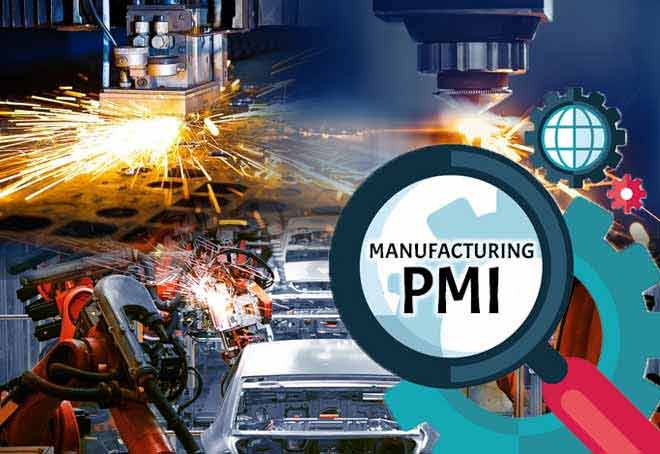
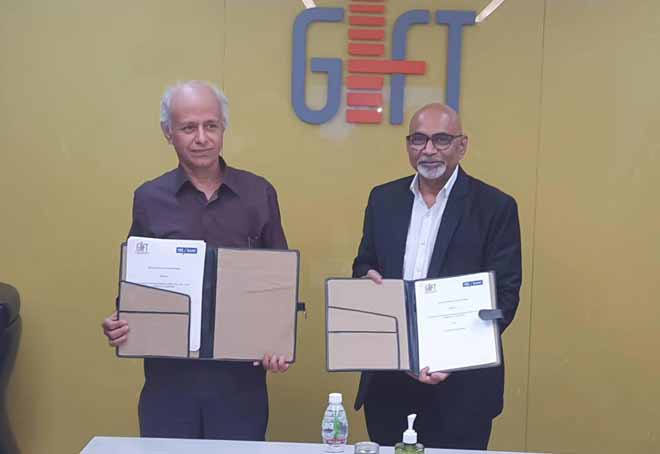
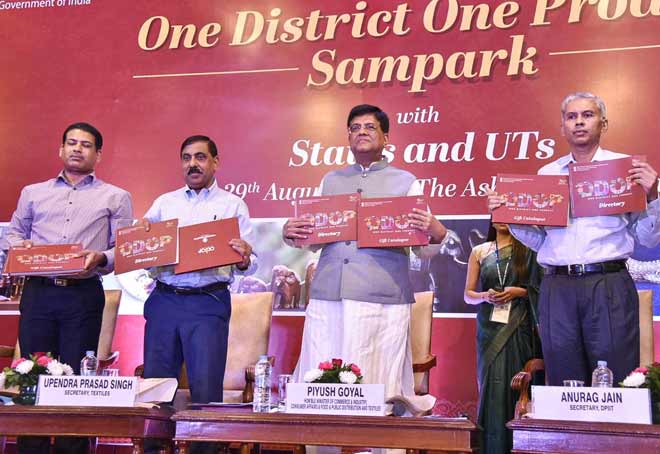





